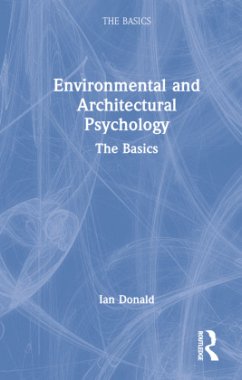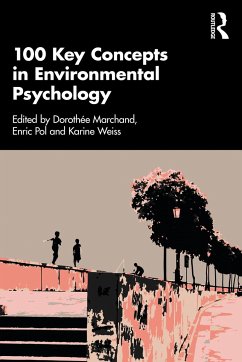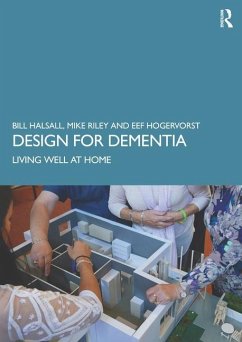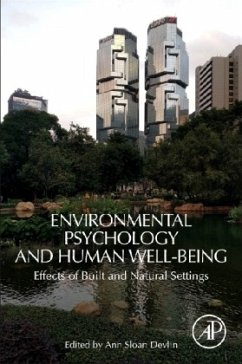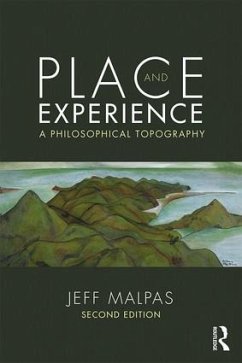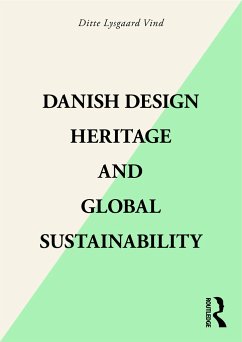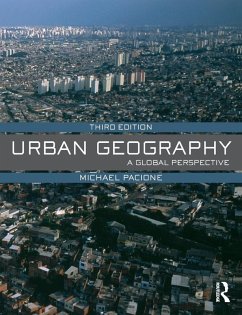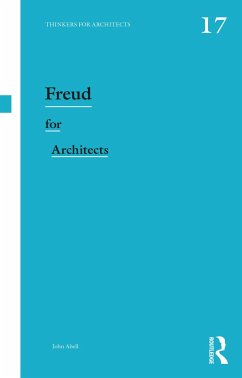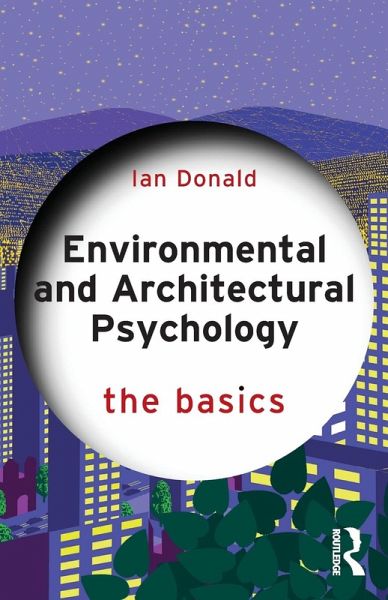
Environmental and Architectural Psychology
The Basics
Versandkostenfrei!
Sofort lieferbar
22,99 €
inkl. MwSt.
Weitere Ausgaben:

PAYBACK Punkte
11 °P sammeln!
Environmental and Architectural Psychology: The Basics is a jargon-free and accessible introduction to the relationship between people and their natural and built environment.Exploring everything from the effectiveness of open plan offices to how people respond to life-threatening disasters, the book addresses issues around sustainability, climate change, and behaviour, and is grounded in theory and ideas drawn from psychology, geography, and architecture. Author Ian Donald introduces both the theoretical underpinnings and the applications of environment-behaviour research to solving real worl...
Environmental and Architectural Psychology: The Basics is a jargon-free and accessible introduction to the relationship between people and their natural and built environment.
Exploring everything from the effectiveness of open plan offices to how people respond to life-threatening disasters, the book addresses issues around sustainability, climate change, and behaviour, and is grounded in theory and ideas drawn from psychology, geography, and architecture. Author Ian Donald introduces both the theoretical underpinnings and the applications of environment-behaviour research to solving real world problems, encouraging readers to reflect on the role of design and policy in shaping the environments in which they live and work. With chapters considering the impact of environment on identity, wellbeing, crime, and spatial behaviour, Donald shows us not only how people shape and affect the environment, but also in turn how the environment shapes and affects people's thoughts, feelings, and behaviours.
Addressing some of the most important questions of our time, including how behaviour drives climate change, and what we can do about it, this is the ideal book for anyone interested in the interactions between architecture, the environment, and psychology.
Exploring everything from the effectiveness of open plan offices to how people respond to life-threatening disasters, the book addresses issues around sustainability, climate change, and behaviour, and is grounded in theory and ideas drawn from psychology, geography, and architecture. Author Ian Donald introduces both the theoretical underpinnings and the applications of environment-behaviour research to solving real world problems, encouraging readers to reflect on the role of design and policy in shaping the environments in which they live and work. With chapters considering the impact of environment on identity, wellbeing, crime, and spatial behaviour, Donald shows us not only how people shape and affect the environment, but also in turn how the environment shapes and affects people's thoughts, feelings, and behaviours.
Addressing some of the most important questions of our time, including how behaviour drives climate change, and what we can do about it, this is the ideal book for anyone interested in the interactions between architecture, the environment, and psychology.





